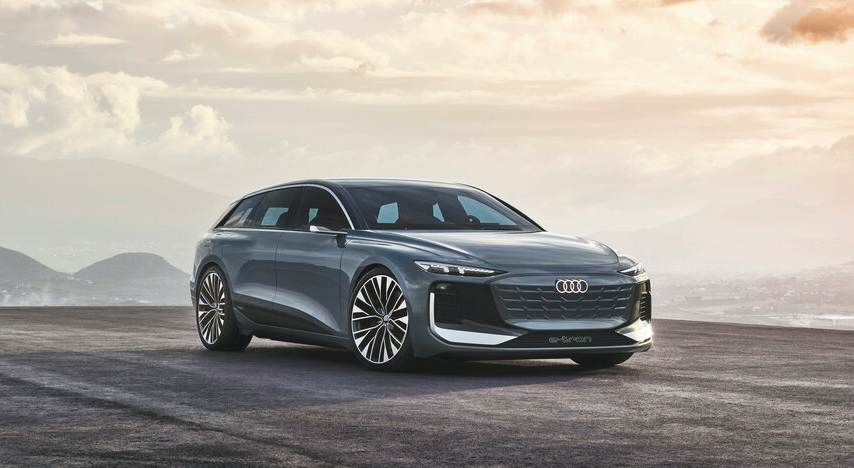
More details about ‘Chinese’ Audi-SAIC cooperation

More and more details are seeping through about Audi’s collaboration with its Chinese partners. Production versions of new EVs like this A6 Avant e-tron concept could be further developed and produced over there /Audi
For weeks already, there have been rumors that VW's daughter Audi is considering buying an electric car platform from a competitor in China.


Comments
Ready to join the conversation?
You must be an active subscriber to leave a comment.
Subscribe Today